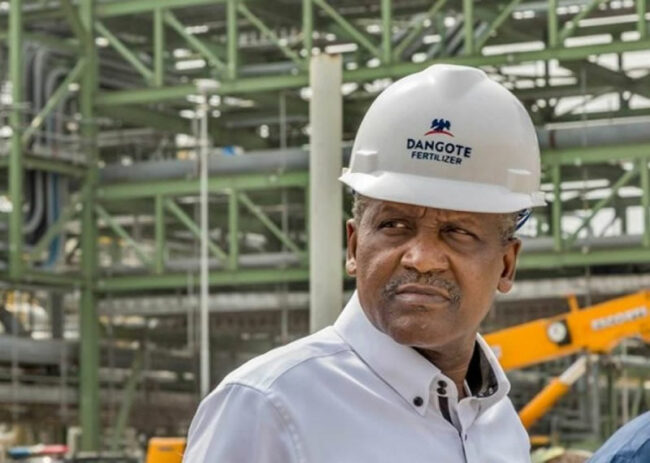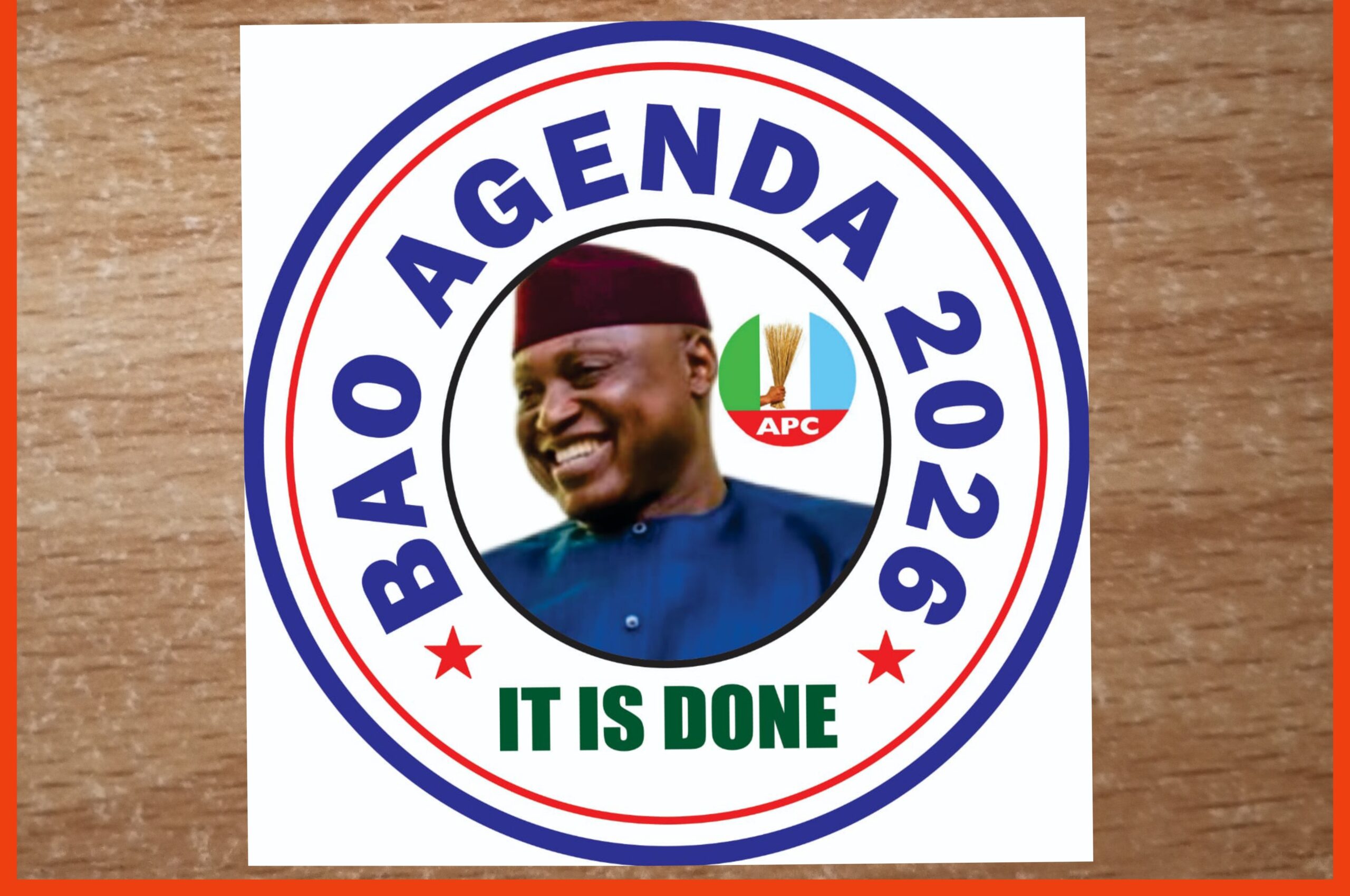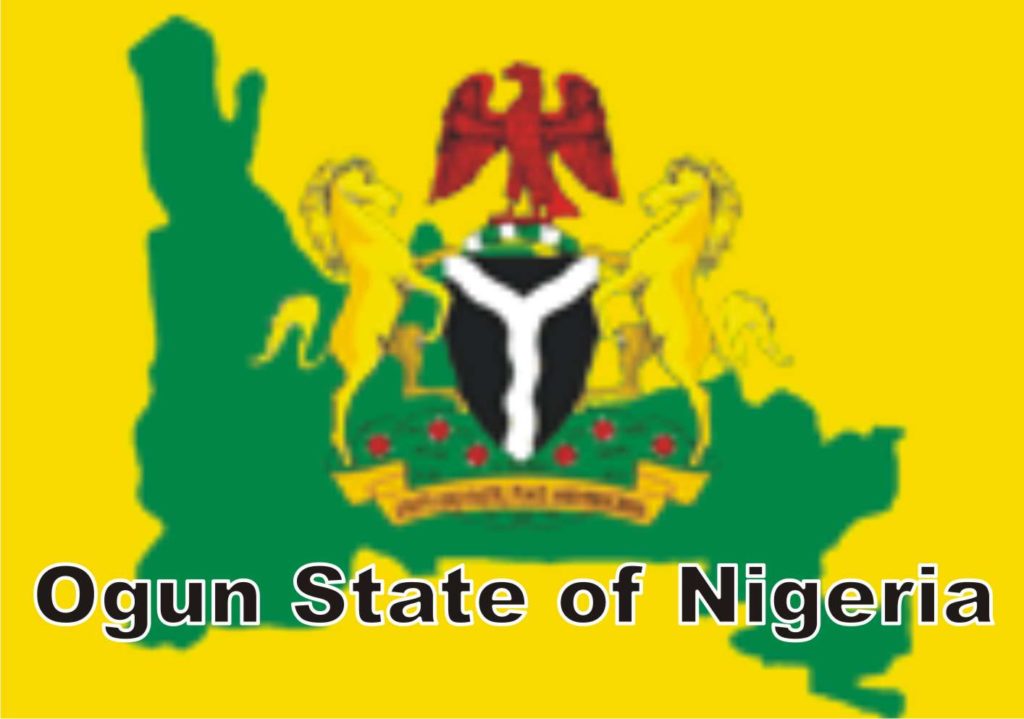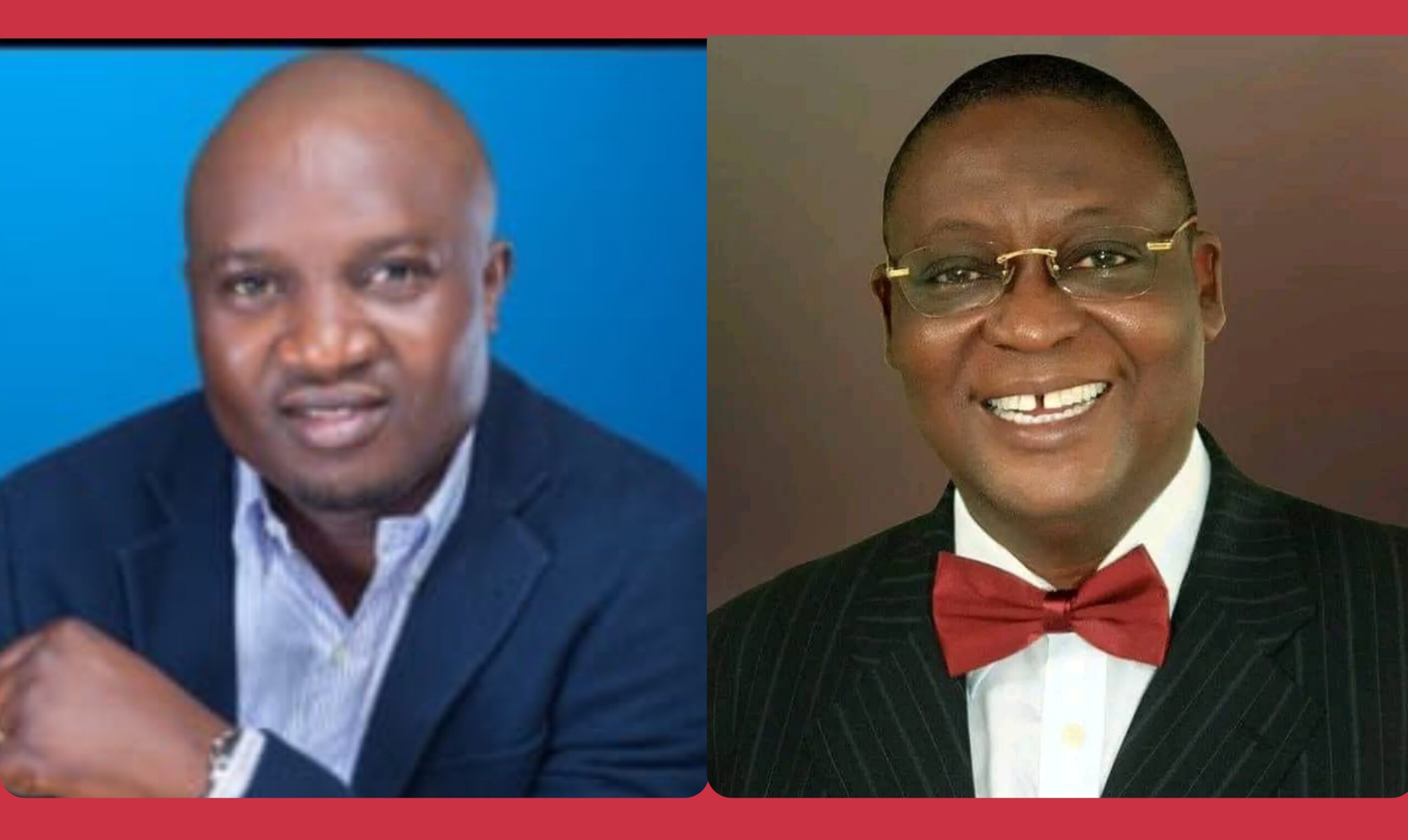* Pact on crude oil sales in naira to be finalized this week
By Nudoiba Ojen
The President and Chief Executive of Dangote Group, Alhaji Aliko Dangote, has said that Dangote Refinery will solve many economic issues as for as petrol is concerned in Nigeria.
He said that in view of the subsidy on petrol by government, there is tendency fir bloating the price and consumption figure, thus making government pay more than expected.
Dangote, who spoke in a 26-minute interview with Bloomberg Television in New York on Monday, called on the Federal Government to end fuel subsidies completely.
He said the removal would help determine the actual petrol consumption in the country.

The business mogul also confirmed ownership of two oil blocks in the upstream sector with an expected production date of next month.
Dangote said that fuel production from his $20bn mega refinery in Lagos would help ease pressures on the naira. The refinery can refine 650,000 barrels of crude oil daily.
He said that ending petrol imports would have a huge upside in easing currency pressures.
He said, “Subsidy is a very sensitive issue. Once you are subsidising something then people will bloat the price and then the government will end up paying what they are not supposed to be paying. It is the right time to get rid of subsidies.”

“But this refinery will resolve a lot of issues out there, you know, it will show the real consumption of Nigeria, because, you know, nobody can tell you.
“Some people say 60 million litres of gasoline per day. Some say, it’s less. But right now, if you look at it by us producing, everything can be counted. So everything can be accounted for, particularly for most of the trucks or ships that will come to load from us.
“We are going to put a tracker on them to be sure they are going to take the oil within Nigeria, and that, I think, can help the government save quite a lot of money. I think it is the right time, you know, to remove the subsidy.”
Dangote who recalled the challenges faced after the project’s launch in 2013, experiencing a five-year delay due to issues with state government and host communities and a running loan of $2.4bn, said he is personally proud to achieve the feat.

On whether the subsidy will make the refinery viable, Dangote said, “Well, you see, we have a choice of either one. We produce, we export, and when we produce, we sell locally. But we are a big private company. And yes, it’s true, we have to make a profit. We build something worth $20bn so definitely we have to make money.
“The removal of subsidies is totally dependent on the government, not on us. We cannot change the price, but I think the government will have to give up something for something. So I think at the end of the day, this subsidy will have to go.”
Although President Bola Tinubu announced removal of subsidy when he took office in May 2023, bringing about a cost-of-living crisis, subsidy is still being paid.
Dangote, who said, “Petroleum products consume about 40 per cent of our foreign exchange” added that fuel from his refinery, which started supplying gasoline on Sept. 15 to NNPCL for domestic sale, “can actually stabilize the naira.”

He revealed the details of the pricing disagreement that occurred with the NNPCL, saying the national oil company bought its current stock from the refinery at a cheaper price than its imported fuel but gave a uniform price for all products.
He said, “There wasn’t really a disagreement, per se. NNPC bought from us on the 15th of September at the international price, which they also bought, about 800,000 metric tons of gasoline imported. So the one that they bought from us actually is cheaper than the one they are importing.
“And so when they announced our price, the guy, I don’t know whether he was authorized. It wasn’t really the real price. What they have announced is most likely that is what it cost them, including profit and other expenses.
“And then the other one is one that they imported. But the people don’t know how much they spend in terms of imports, but their importation is almost, maybe about 15 per cent more expensive than ours, you know.
“So what they are supposed to do is to sell at a basket price, or if they want to remove subsidy, they can announce that they will remove subsidy, which is okay, everybody you know will adjust it.”

On the planned crude oil sales anticipated to begin in October, Dangote said that discussions are still ongoing and a detailed agreement will be finalised this week.
Revealing details of the deal, he explained, “We will sell in naira after we have bought crude in naira. So now we are currently working out with the committee that the exchange rate is going to be priced. It is going to be normal pricing, you know, if crude is at $80, we will pay that price at an agreed exchange rate.
“And then we will also sell in the domestic market. What that will do is that it’s going to remove 40 per cent pressure on the naira. So because, see, the petroleum products consume about 40 per cent of foreign exchange, so you know, and then, you know, it’s like you have 40 per cent of demand been taken out so that can actually stabilize the naira and even if they subsidise, they would know what they are paying for.
“The deal is to give the government something that they want. It’s also a win-win situation for all and it would benefit the country.
“Currently, discussions are still ongoing to determine the details of the agreement. They are working out something that I think would be a win-win between us and the NNPCL.
“The agreement is very robust. Well, first of all, we would have energy security where they will give us crude. For example, in October, they’re going to give us 12 million barrels, which is on average, about 390,000 barrels a day, which will sell both gasoline, diesel, and aviation fuel.”





